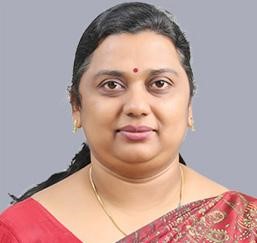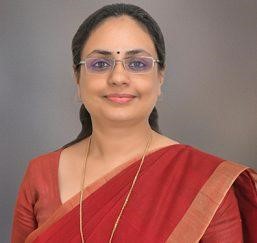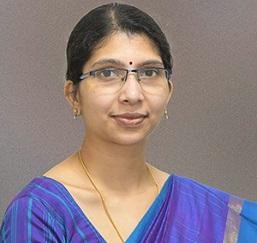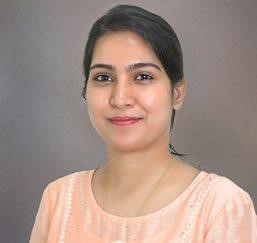- Our Doctors
- Our Specialities
Super Speciality
-
 Clinical Laboratory and Pathology
Clinical Laboratory and Pathology
-
 Clinical Nutrition and Dietetics
Clinical Nutrition and Dietetics
-
 Critical Care
Critical Care
-
 Dental and Maxillofacial Surgery
Dental and Maxillofacial Surgery
-
 Dermatology
Dermatology
-
 Ear, Nose and Throat (ENT)
Ear, Nose and Throat (ENT)
-
 Emergency and Trauma
Emergency and Trauma
-
 Endocrinology and Metabolic Disease
Endocrinology and Metabolic Disease
-
 Family Medicine
Family Medicine
-
 General and Laparoscopic Surgery
General and Laparoscopic Surgery
-
 General Medicine
General Medicine
-
 Heart and Lung Transplant
Heart and Lung Transplant
-
- Key Procedures
- Our Hospitals
- International Patient
- Royal Suite
-
Quick Links

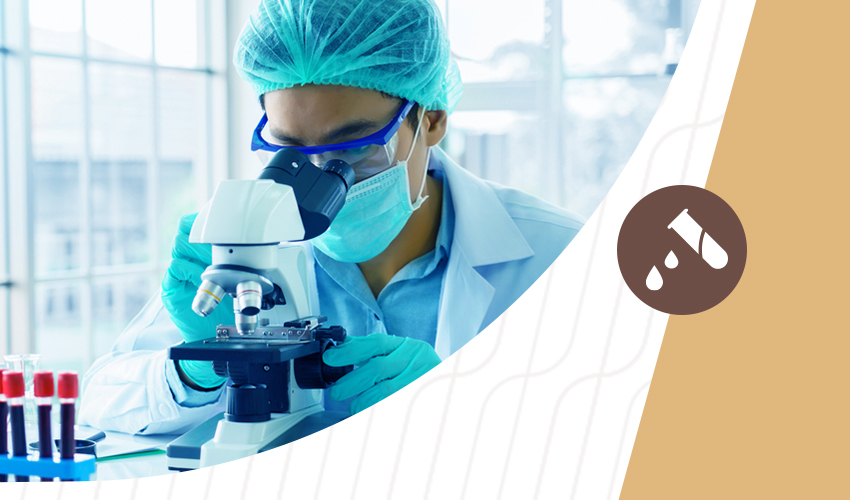

Meet Our Doctors
Experienced Medical professionals for a superior patient experience.
Dr. Chothisha P
Senior Registrar - Pa...
Clinical laboratory and pathol...
View Profile Book an AppointmentWhy Choose Us
Lorem ipsum dolor sit amet consectetur adipisicing elit.
Lorem ipsum dolor, sit amet consectetur adipisicing elit. Velit, expedita. Illum saepe, ducimus dolor ut aliquid debitis temporibus! Enim deleniti id laudantium quidem corrupti voluptatem repellat, aperiam nobis modi aliquam.

Experienced Cardiologists

Personalized Patient Care

State-of-the-Art Facilities

Fast Recovery Times
Frequently Asked Questions
How is a urine sample collected?
Most urine samples are collected by urinating into a sterile container provided by the lab. Urine samples usually can be collected at any time, but a first morning sample may be requested because it is more concentrated and more likely to detect abnormalities.
What does it mean if my result is outside the reference range?
Your test results are interpreted by your health care provider within the context of other tests that you have completed. These results are also measured against other factors like your medical history. The medical significance of a single result that is slightly high or slightly low may be difficult to determine. Hence, a health care provider may repeat a test, and why they may look at results from your previous tests
Why do I need to fast before some tests?
The results of some tests are intended to be interpreted when you have not eaten prior to your sample being collected. Examples include lipid panels and glucose tests. When fasting, drinking only water is permitted. If you do not fast, the results may be affected and/or may not be interpreted correctly.




























































